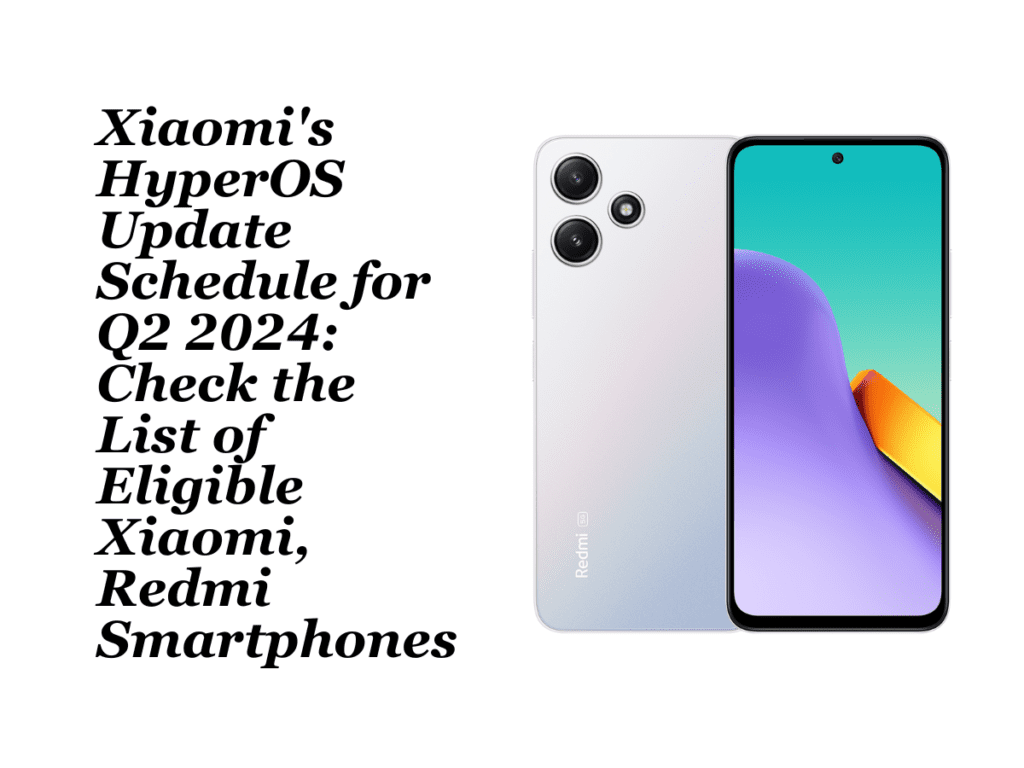WhatsApp messages are protected with an end-to-end encryption system, ensuring that only the sender and receiver can access the messages. This security measure prevents unauthorized access and tampering of messages. Learn more about end-to-end encryption and why WhatsApp is against new IT regulations.
WhatsApp made it clear to the Delhi High Court that it would leave India if it is forced to compromise the end-to-end encryption of messages on its platform. This statement was made in response to petitions filed by WhatsApp and its parent company Meta, challenging the 2021 Information Technology (IT) rules that apply to social media companies. These rules mandate WhatsApp to track chats and find ways to identify the initial source of information.
The Indian government took a significant step on February 25, 2021, by introducing the Information Technology (Intermediary Guidelines and Digital Media Ethics Code) Rules, 2021. These rules now require leading social media platforms such as Twitter, Facebook, Instagram, and WhatsApp to follow the latest norms.
Also Read:- Justice for iPhone Users: What the Lawsuit Against Apple Means for You
What is WhatsApp end-to-end encryption and how does it secure information?
Many people are still not aware of this safety feature on WhatsApp messaging. You might still be wondering about the meaning of end-to-end encryption in WhatsApp. Don’t worry as we are here to answer all your queries and make you understand end-to-end encryption meaning in WhatsApp in an easy way.
The end-to-end encryption of messages is a safe method of protecting user’s data. This end-to-end encryption method provides a high level of security by encrypting data on the sender’s device and decrypting it on the receiver’s device. This process ensures that your information remains confidential and protected throughout its transmission, preventing any unauthorized access by third parties, including the service provider.
For example, email service providers such as Gmail, Google, or Microsoft store decryption keys that give them the ability to view the content stored on their servers. This access gives service providers the ability to read users’ emails and files. In the past, Google has utilized these decryption keys to customize advertisements for the Google account owner.
The use of end-to-end encryption guarantees that messages are only accessible to the sender and receiver, safeguarding them from any unauthorized access. Even if a server relays the message, it remains secure and cannot be intercepted. Furthermore, end-to-end encryption serves as a defense against fraud by preventing any tampering with the message.
Why is end-to-end encryption proving to be a challenge for the government?
Governments across the world are asking tech companies to introduce measures that enable them to bypass end-to-end encryption (E2EE) as needed for national security reasons. This issue has sparked significant debates among governments, tech companies, and privacy advocates. E2EE hampers law enforcement’s capacity to collect data crucial for safeguarding vulnerable individuals. Another instance is the challenge of stopping the spread of extremist content.
What is WhatsApp Privacy Policy Controversy All About?
This controversy started when WhatsApp lodged a petition in 2021, raising concerns about the obligation of social media companies to enable the identification of the initial source of information in India. They argued that this requirement poses a threat to the integrity of end-to-end encryption and its associated benefits. By enforcing traceability, the company is forced to compromise the very essence of end-to-end encryption and the privacy principles it upholds. Facebook and WhatsApp have challenged these new regulations, asserting that they violate privacy rights and are unconstitutional.
What is the Indian government’s argument against WhatsApp end-to-end encryption?
The Ministry of Electronics and Information Technology (MeitY) has pointed out that without the enforcement of the IT Rules, 2021, it may become challenging for law enforcement agencies to identify the origins of fake news and misinformation circulating on different social media platforms, which could disrupt social peace and lead to public order disturbances.
WhatsApp’s argument against compromising on end-to-end encryption of messages.
WhatsApp said in its argument in the Delhi High Court that it would stop its services in India if forced to break end-to-end encryption. They said this encryption method is made to secure user messages and maintain privacy. Users around the globe trust WhatsApp’s end-to-end encryption system and feel safe about the privacy of their content. But if WhatsApp compromises on this encryption method then the users will not trust them anymore and they might lose a lot of customers. So they are not ready to comply with Indian Government IT rules and want to continue with the same end-to-end encryption method.








